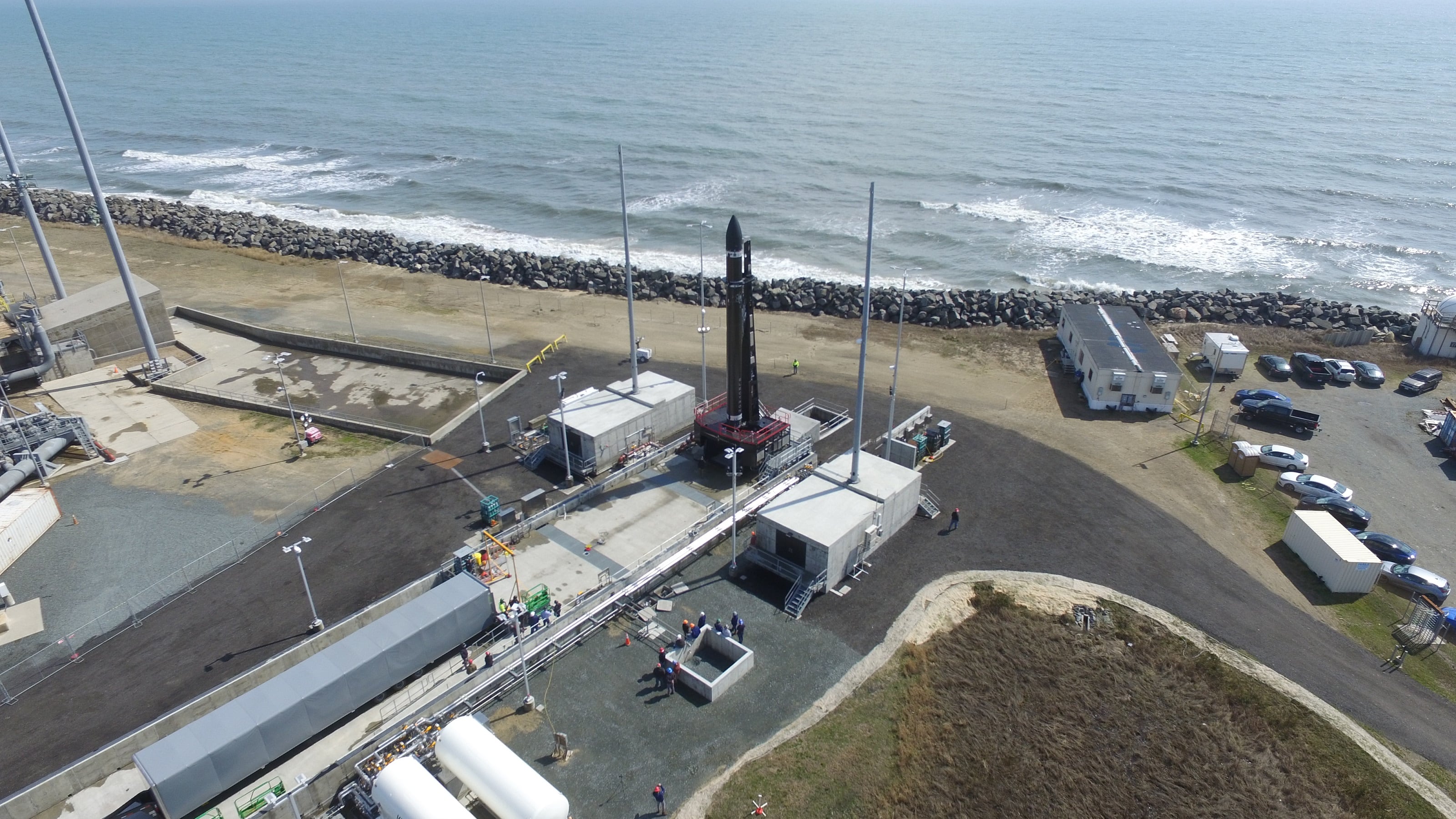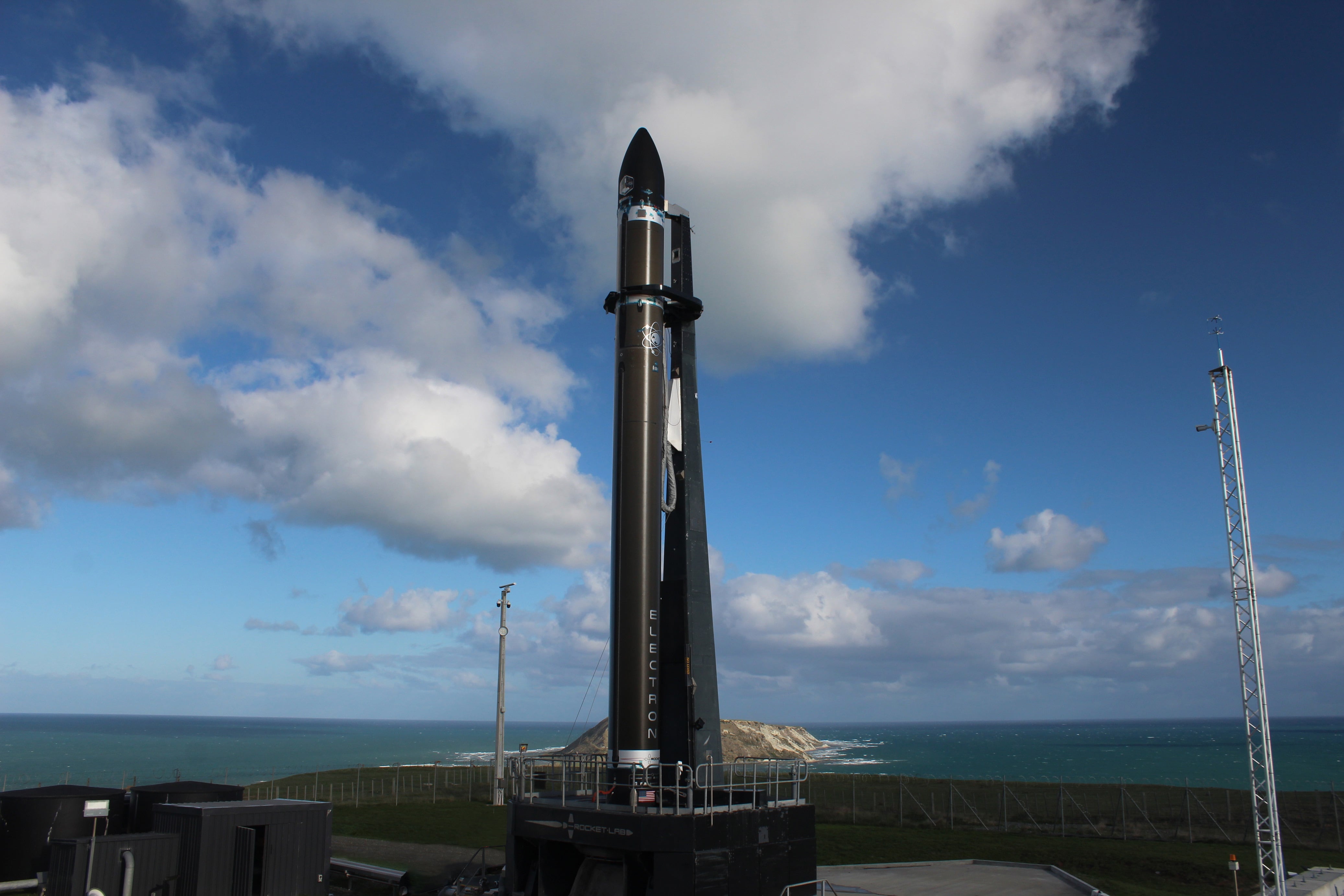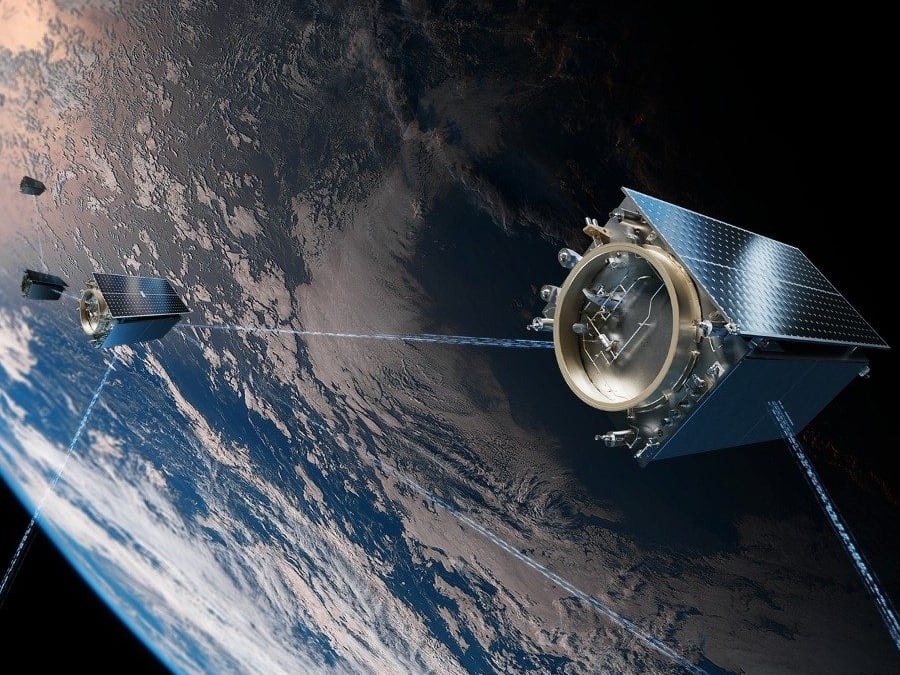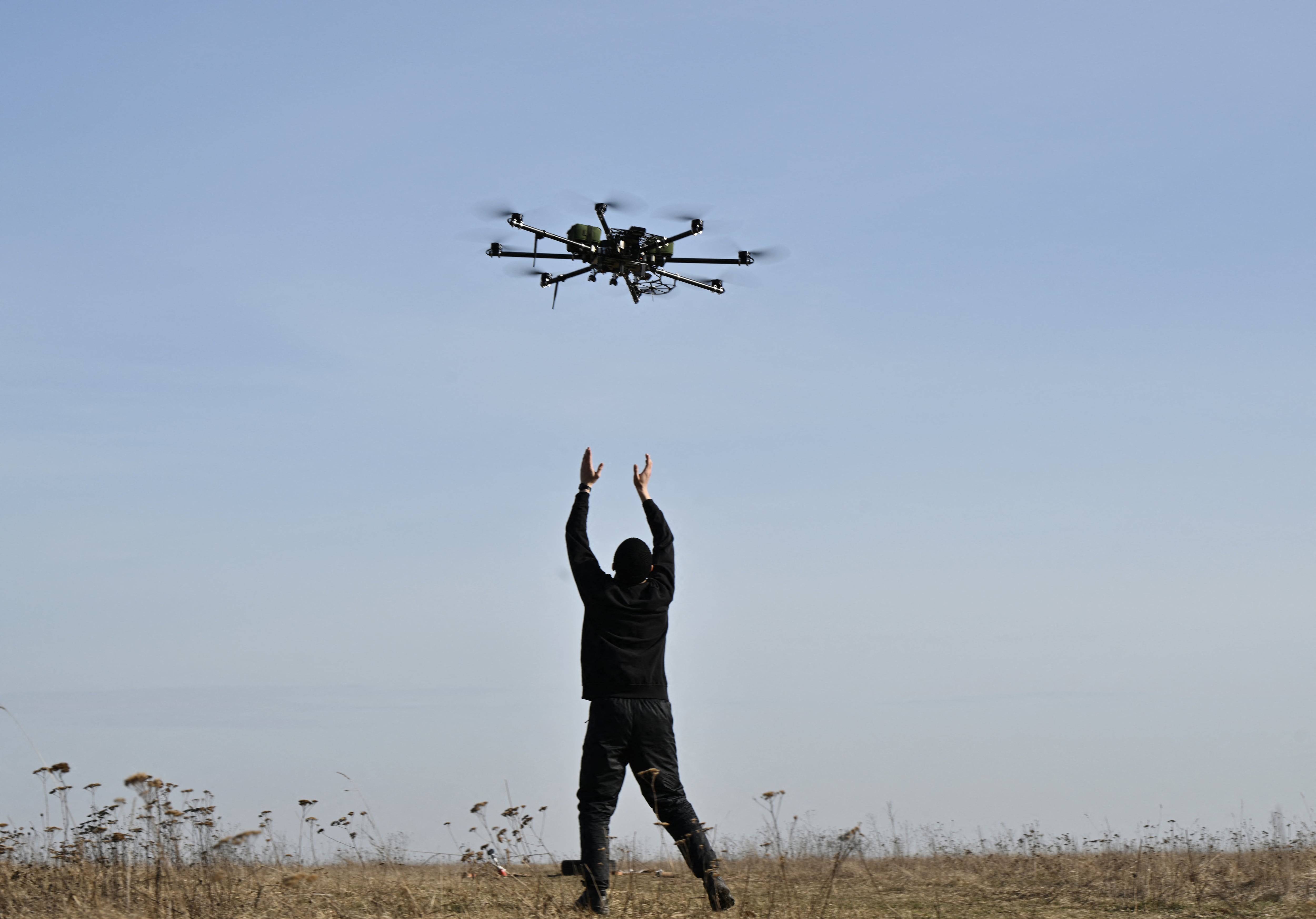The launch of three U.S. intelligence satellites from New Zealand has been rescheduled for June 11 following a months-long delay caused by COVID-19.
Originally slated for March 27, the launch of the three National Reconnaissance Office payloads was postponed after the New Zealand government issued restrictions to stop the spread of COVID-19, requiring most businesses to close, restricting travel and keeping people to stay home. In a statement provided to C4ISRNET at the time, the NRO said it supported the company’s action.
RELATED

“This decision was made with the full support of the NRO, and we continue to engage with our partners at Rocket Lab as they work with the New Zealand government and local health officials to determine when launch operations can resume,” said Laura Lundin, an NRO spokesperson. “The launch vehicle and ground systems will remain in a state of readiness for launch as the evolving situation allows.”
Those restrictions have since eased, and small launch provider Rocket Lab said the mission’s launch window will commence June 11 from it’s Launch Complex 1 in New Zealand.
Dubbed “Don’t Stop Me Now," the mission will include three NRO payloads launched as a rideshare on the company’s Electron rocket along with payloads from NASA and a collaboration between the University of New South Wales Canberra Space and the Australian Government. This will be the company’s 12th Electron mission.
Details about the NRO payloads are protected, the agency said.
The NRO first teamed up with Rocket Lab for the launch of NROL-151 from New Zealand in January. That launch was the first to be procured under the Rapid Acquisition of a Small Rocket contract vehicle, a mechanism adopted in 2018 to leverage the growing commercial small satellite launch market.
“Under this approach, RASR allows the NRO to have a path to greater NRO launch resiliency and responsiveness. By leveraging commercial space launch capabilities where possible, the NRO can put space capabilities on orbit in a cost-effective manner,” the agency stated on Twitter March 9.
Nathan Strout covers space, unmanned and intelligence systems for C4ISRNET.







